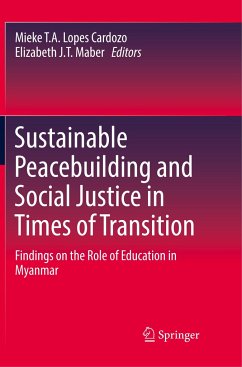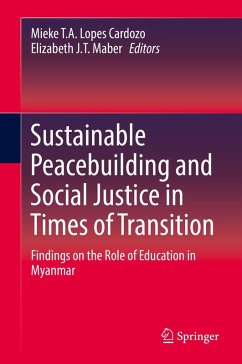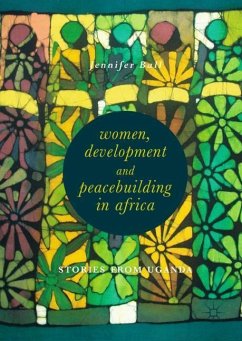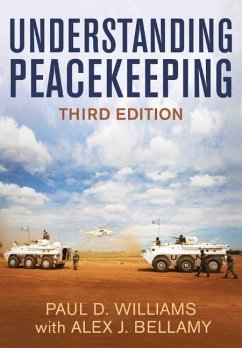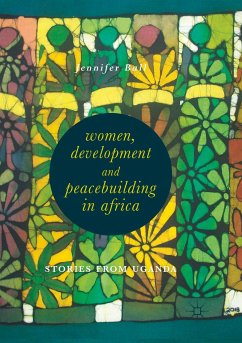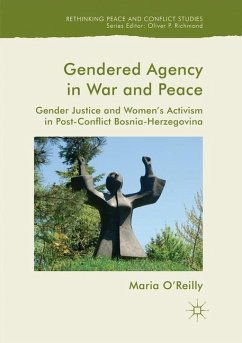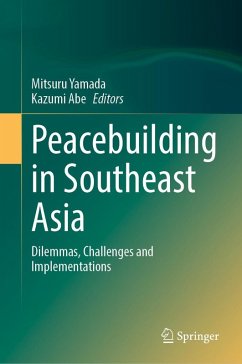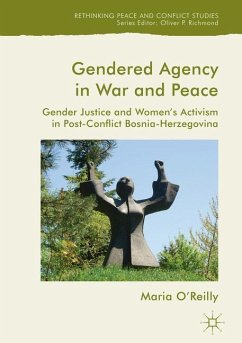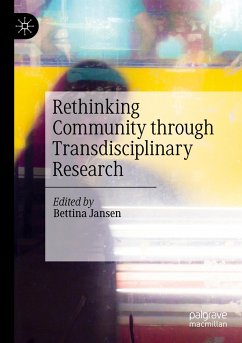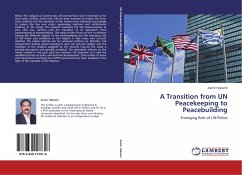
A Transition from UN Peacekeeping to Peacebuilding
Emerging Role of UN Police
Versandkostenfrei!
Versandfertig in 6-10 Tagen
39,99 €
inkl. MwSt.

PAYBACK Punkte
20 °P sammeln!
Before the collapse of communism, UN interventions were restricted to the inter-state conflicts. Since then UN has been involved to resolve the intra-state conflicts and the mandate of the missions has enhanced accordingly to ensure the law and order, supervising elections and institutional building of the states. This research examines the UN responsiveness to post cold war conflicts and the transition of its operations from peacekeeping to peacebuilding. The study further finds out the correlation among the different aspects of the peacebuilding and the emerging role of UN Police and problem...
Before the collapse of communism, UN interventions were restricted to the inter-state conflicts. Since then UN has been involved to resolve the intra-state conflicts and the mandate of the missions has enhanced accordingly to ensure the law and order, supervising elections and institutional building of the states. This research examines the UN responsiveness to post cold war conflicts and the transition of its operations from peacekeeping to peacebuilding. The study further finds out the correlation among the different aspects of the peacebuilding and the emerging role of UN Police and problems in this regard. It also takes into account whether the police reforms can be achieved without an effective and independent judicial system keeping in view the ground realities and the mandate of the missions assigned by the Security Council. The study is partially descriptive and partially analytical. The descriptive informs on the needs created in the post cold war scenario, UN response to it and the muddled process of policy and doctrine development. Case studies of seven UN interventions involving the CIVPOL personnel have been analyzed in the light of the mandate of the Missions.



